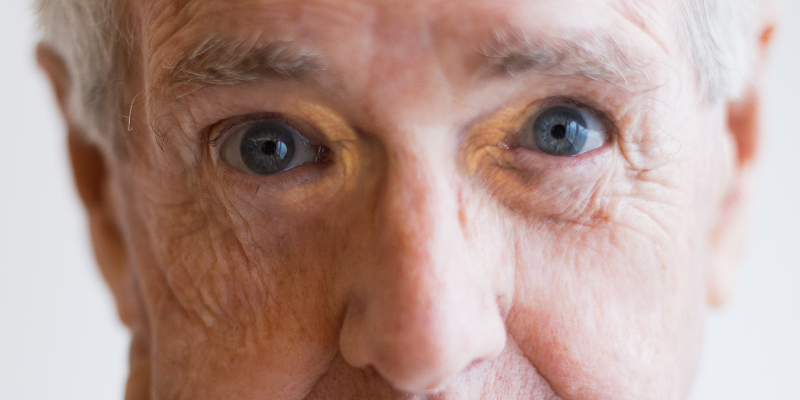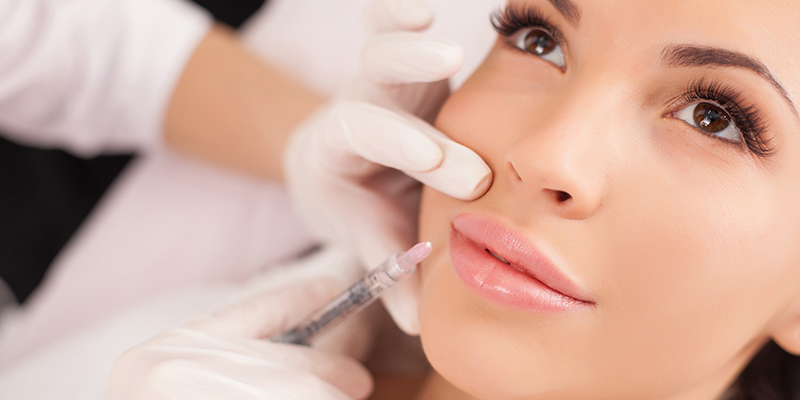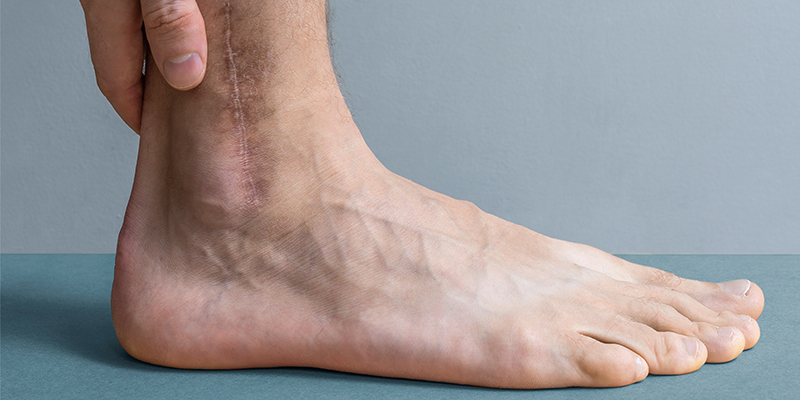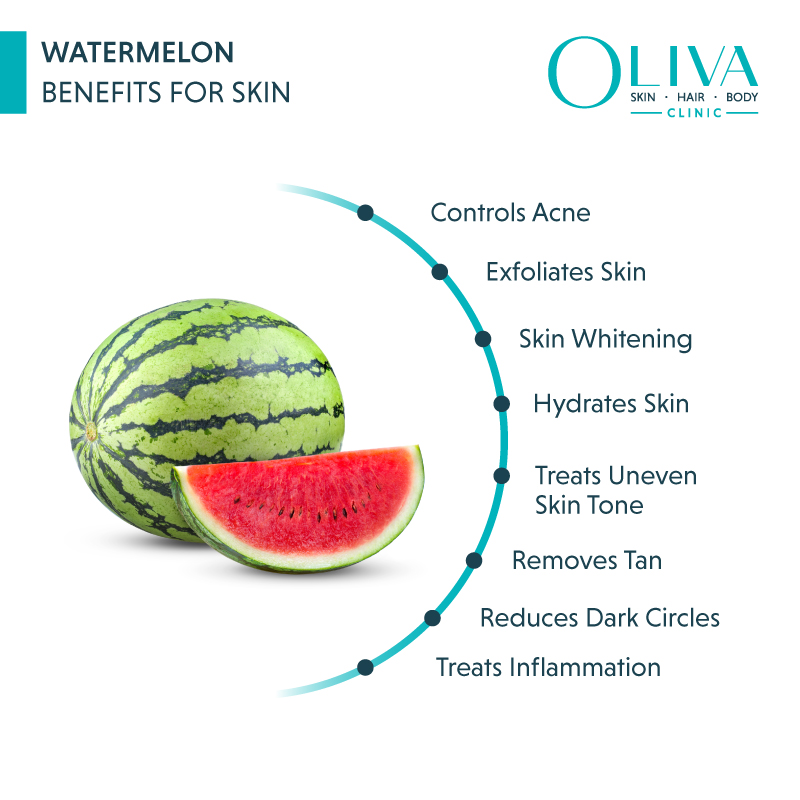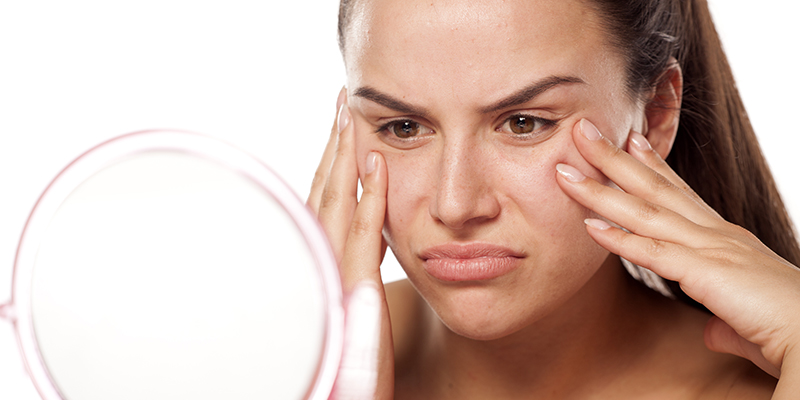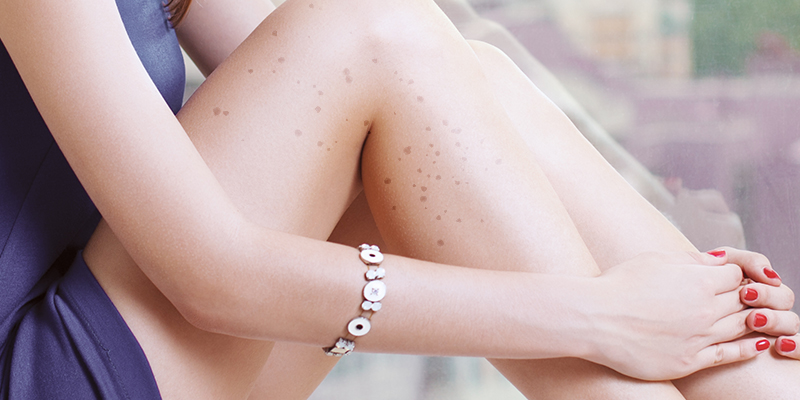Xanthelasma Palpebrarum – Causes, Treatment And Prevention
Skin conditions are not just painful but they also have social stigma attached. They bring immense stress especially when they are at visible areas on face or skin. Xanthelasma is one such skin condition that occurs as unsightly skin growths.
What Is Skin Xanthelasma?
Xanthelasma is a skin condition in which an individual develops yellow patches around their eyes or inside the corners of the eyes. These patches are usually bumpy in nature. This skin condition is also known as xanthelasma palpebrum. Though there is no pain involved in this skin condition, it can definitely be a cause of embarrassment and negatively impact an individual’s personality. Xanthelasma under eyes is also pretty common.
One of the reasons why you should pay attention to this skin condition and have it checked out by your dermatologist is that, it is an indicator of certain health conditions which includes some serious ones like heart diseases.
Also Read: Chemical Peels To Treat Xanthelasma
What Does Xanthelasma Look Like?
Appearance-wise, xanthelasma is a form of fatty deposit, which has a soft texture and is yellowish in color. In some cases, it can also be calcareous or semisolid. In majority of the cases, this skin condition develops on the upper eyelids rather than below the eyes. They are symmetrical patches and have an average size of about 2-30mm. They usually grow in size as well as increase in number as time goes on. Also, this is foamy in nature with well-defined borders. In certain cases, it might also be tender to touch and itchy in nature.
What Causes Xanthelasma Palpebrarum?
In simple terms, xanthelasma develops due to the cholesterol deposits in the skin’s white blood cells. But this is not the only cause of this. People who do not have any cholesterol problem can also develop this skin condition. Some of the other causes include –
- Increased level of fats in the blood
- Various underlying medical conditions such as diabetes, certain forms of cancer, primary biliary cirrhosis which is a liver disease
- High levels of bad cholesterol (LDL) or low levels of good cholesterol (HDL)
- Familial hypercholesterolemia which is basically high cholesterol which is inherited
- It can be hereditary
Also Read: Common Skin Diseases And Treatments
Risks associated with xanthelasma
Xanthelasma can develop in any one but the below listed conditions makes you more prone to developing it –
- High blood pressure
- Diabetes
- Smoking
- Obesity
- People belonging to Asian or Mediterranean families
- Women are more at the risk of developing this skin condition than men
- Adults in the age group of 30 to 50 years
- High levels of lipid
- High levels of triglyceride
Xanthelasma Treatment
As mentioned earlier, xanthelasma is painless and does not cause any harm. However, if you are one among those who want to get rid of xanthelasma completely, then you can get any of the below listed treatments. Speak to your dermatologist and find out all the necessary information before going ahead with the procedure –
- Laser Surgery – Laser treatment is an effective treatment today. Fractional CO2 is a USFDA approved laser technology which can help in you in removing it.
- Surgery – In this treatment, the xanthelasma is precisely removed by the surgeon with the help of a surgical knife.
- Chemical Peels – According to the results of a study, 90% of people who took part in the study had satisfactory results when they used chemical peel containing tricholoroacetic acid (TCA).
- Cryotherapy – In this treatment, a liquid nitrogen or any other chemical is used to freeze the xanthelasma.
- Radiofrequency advanced electrolysis (RAF) – This is another treatment which is quite effective and successful in getting rid of this skin conditin. Radio frequency is used to damage the deformed tissues and thus new collagen is produced bringing about newer skin from beneath
- Medications – Among medications, Zocor which is used to treat high cholesterol can be used to treat this skin condition as well.
Bear in mind that even after getting it treated, there are possibilities of this skin condition reoccurring.
Disclaimer:
This article provides medical information about various procedures for awareness purposes only. We want to help you know about the various treatment options beyond the services available at Oliva Skin & Hair Clinic. We request you weigh the pros and cons of these aesthetic practices and make an informed decision about your skin and hair health.
Also Read: Xanthomas Treatment
When should you go to see the doctor?
The ideal time to visit your doctor for xanthelasma is as soon as you notice growths on your eyelids.
How To Prevent Xanthelasma?
Apart from being aware of the various treatment options, one should also be aware of how to prevent this condition. Below are few precautionary measures that you can take –
- Always keep a check on your cholesterol levels and ensure that the blood lipids are maintained at a healthy level
- Maintain your overall weight
- Try to avoid smoking and limit your alcohol intake
- Try to fit in at least 30 minutes of workout every day
- Pay attention to your food items and monitor your intake of saturated fats
- Keep a tight control on other health conditions which can contribute towards the development of xanthlasma such as diabetes, liver disease, etc.
Also Read: What Are Dead Skin Cells?
Even though it is not a serious condition in itself, it is better to get yourself checked by your dermatologist as in most of the cases, this skin condition is an indicator of underlying health conditions. Apart from this, it is also best to get rid of it in order to boost up your confidence levels and improve your persona.


